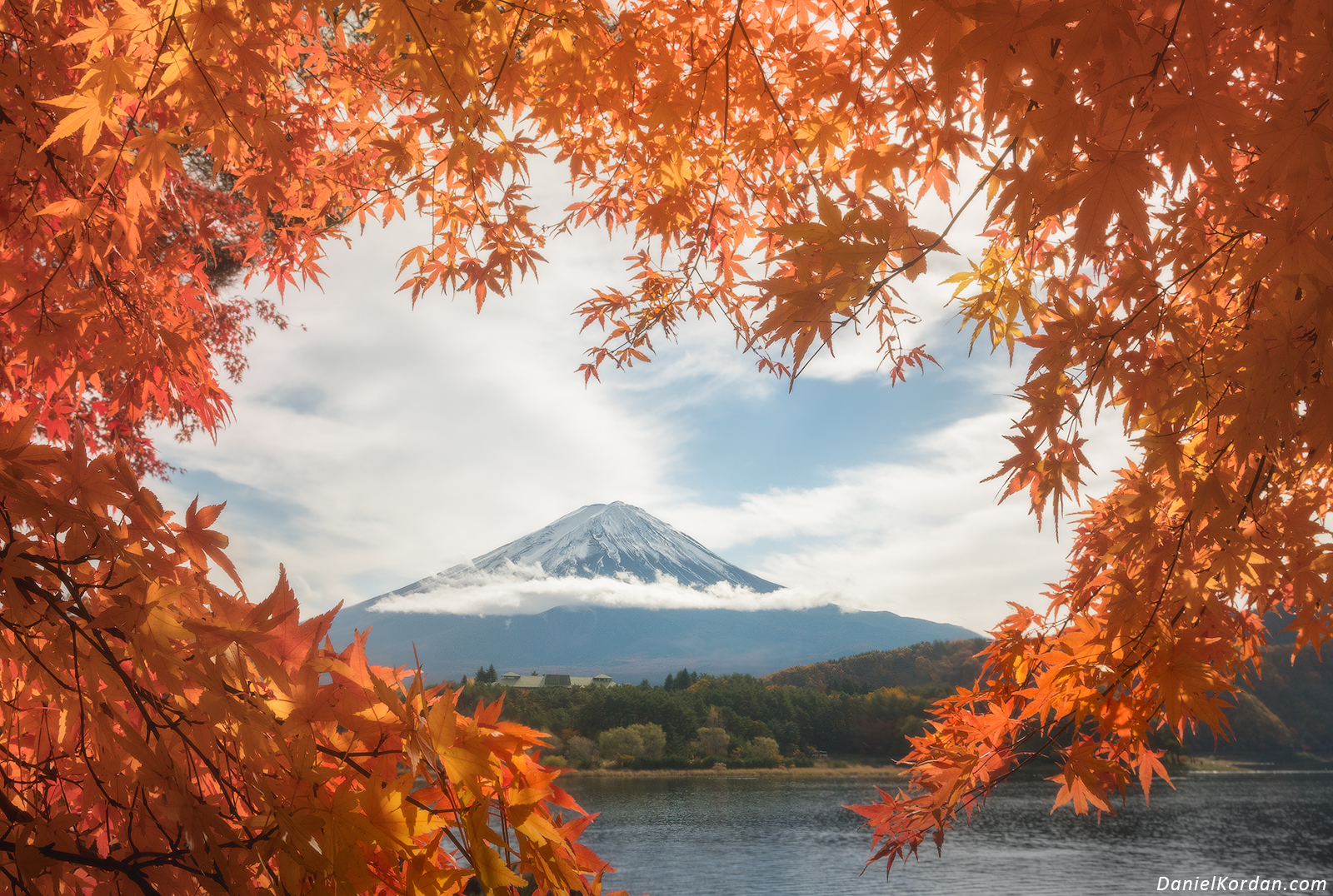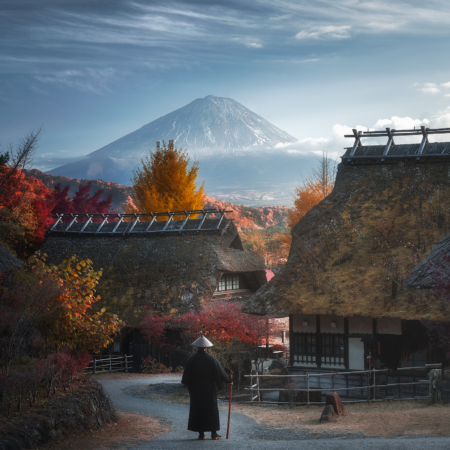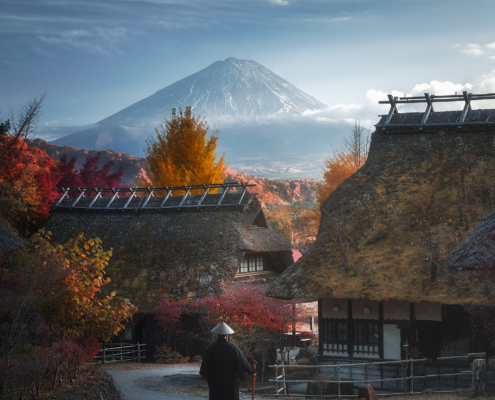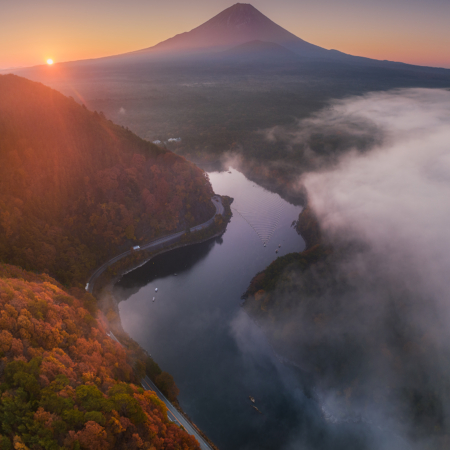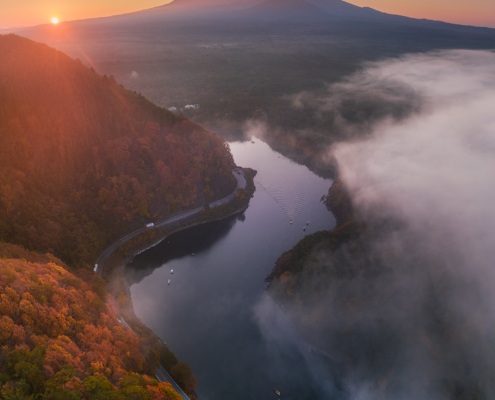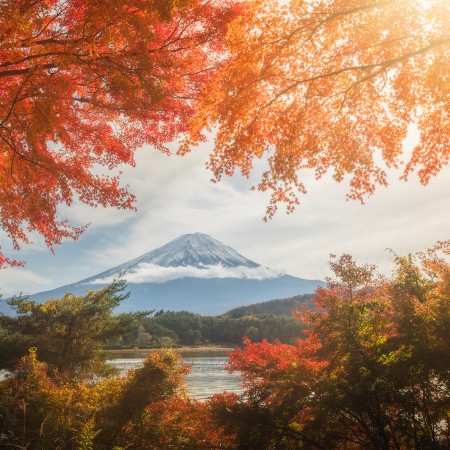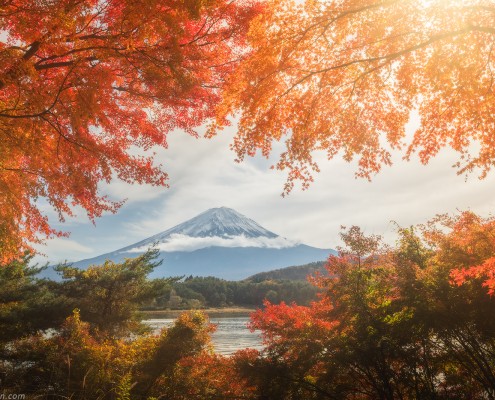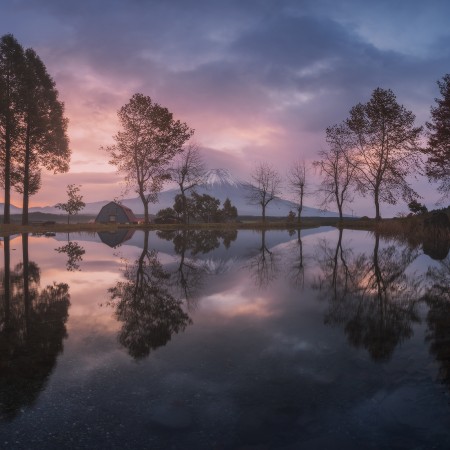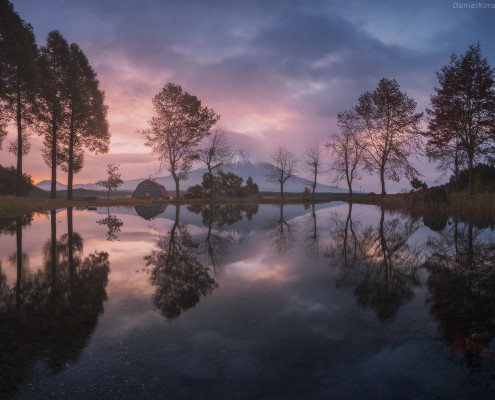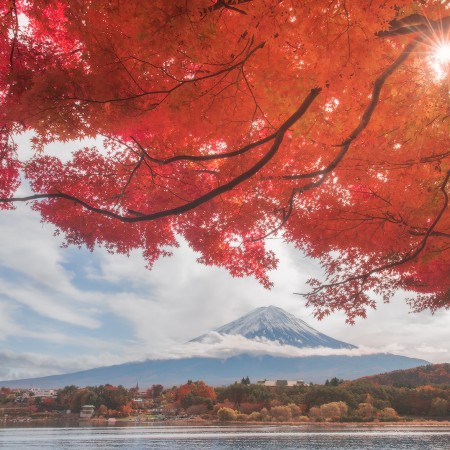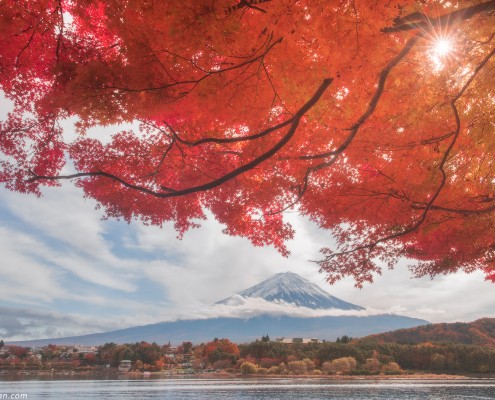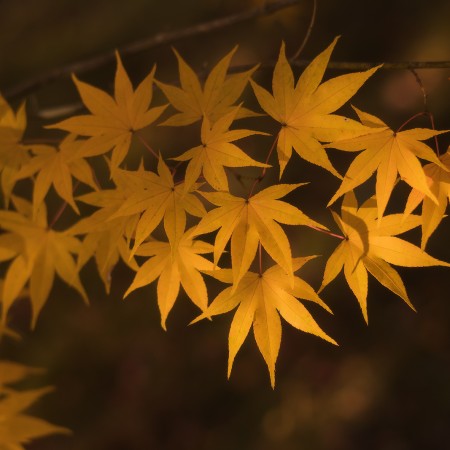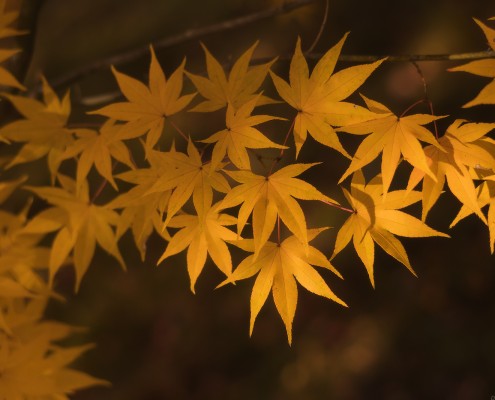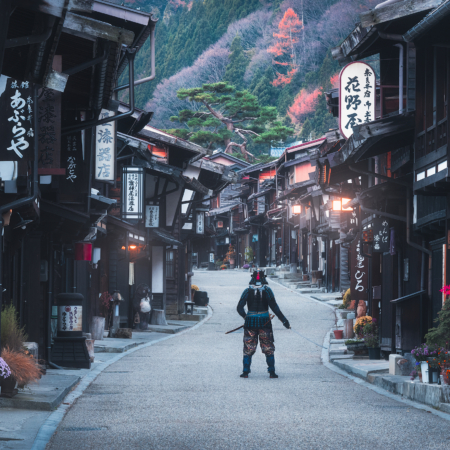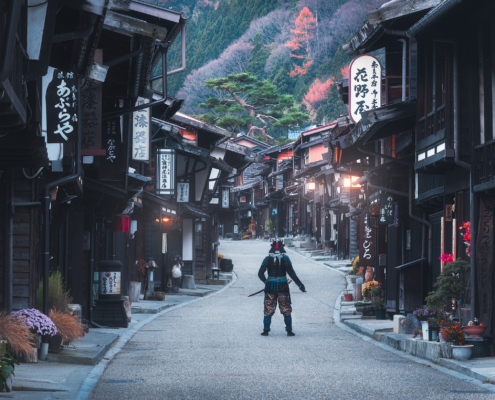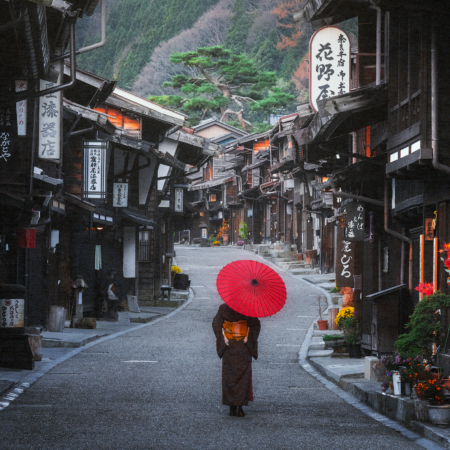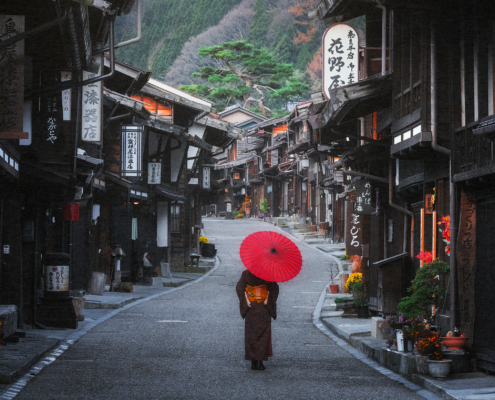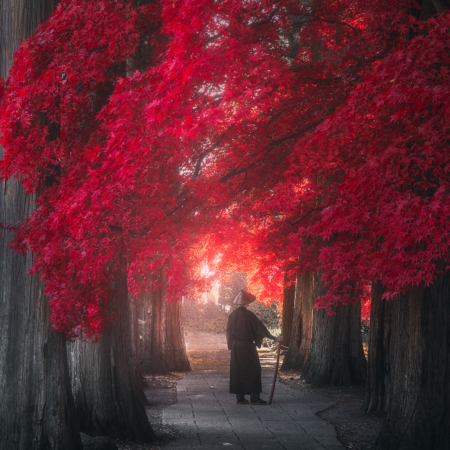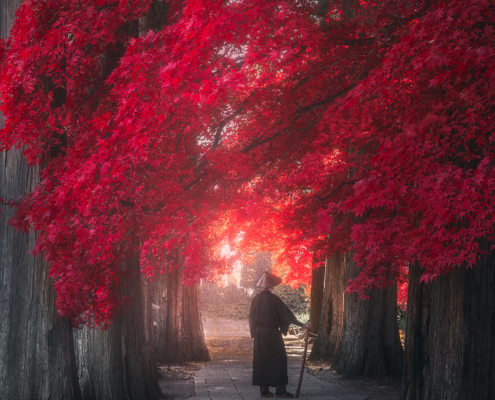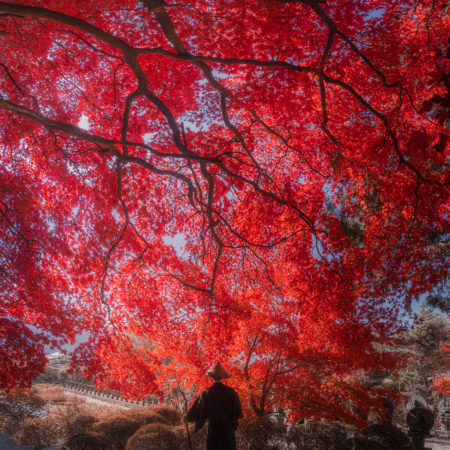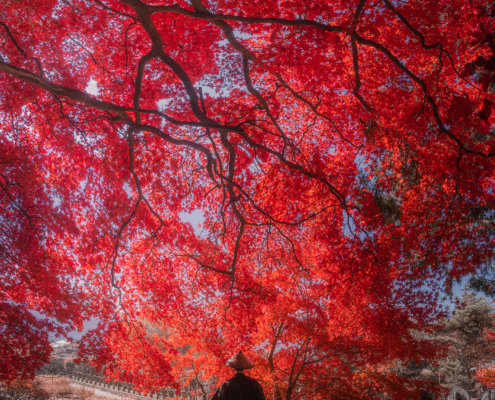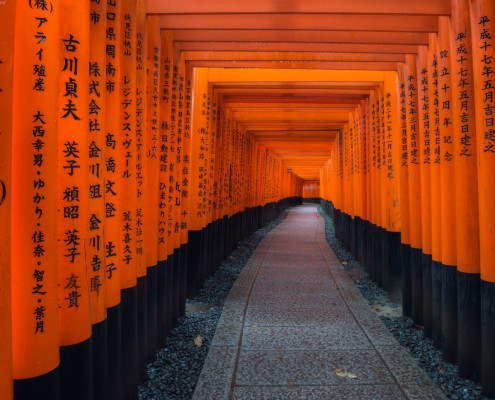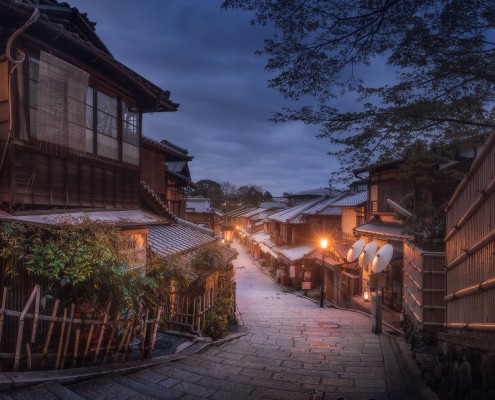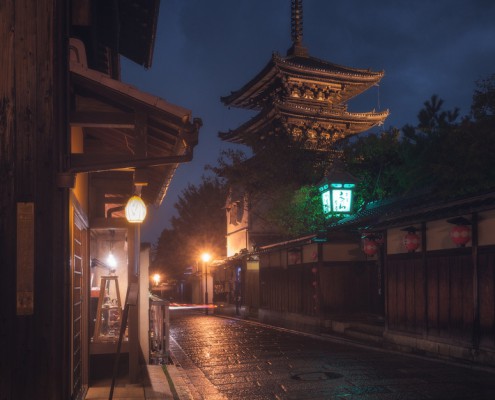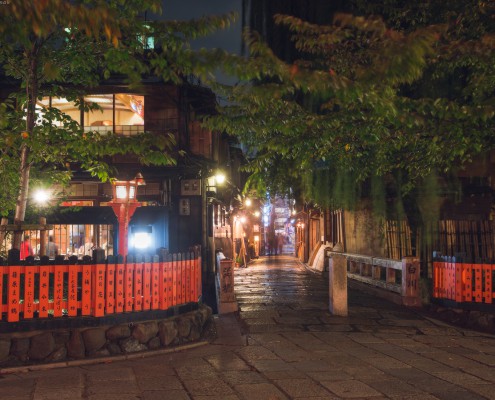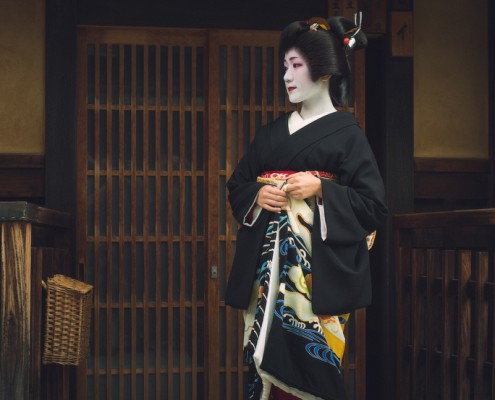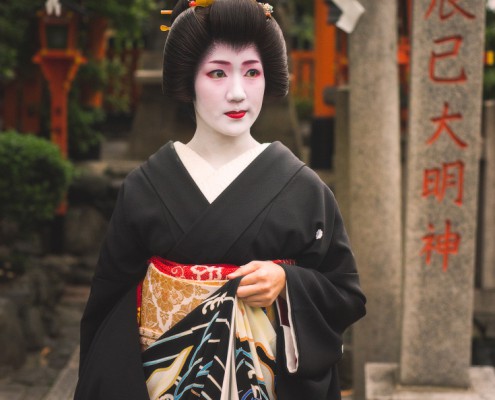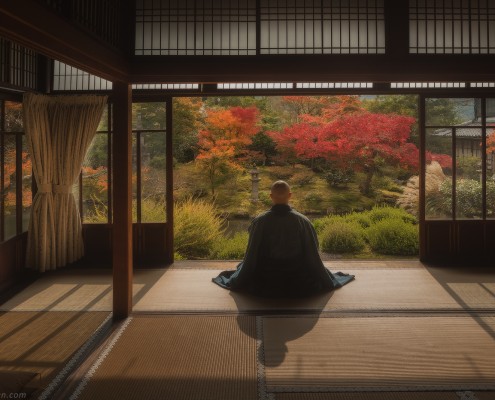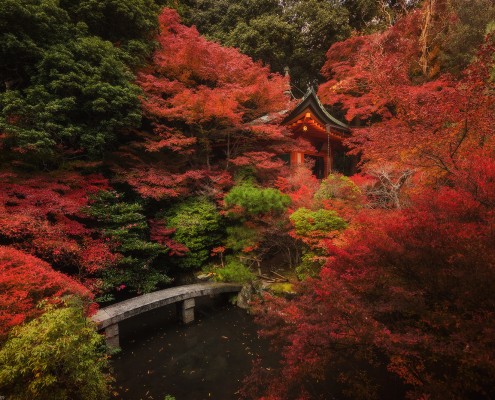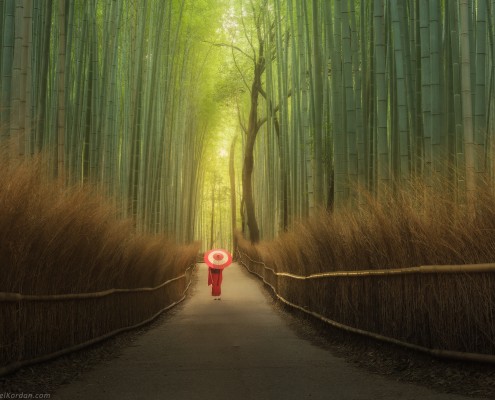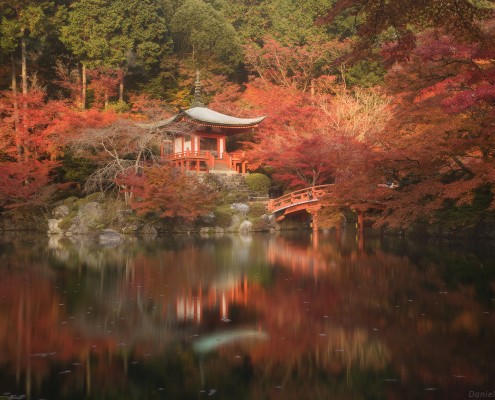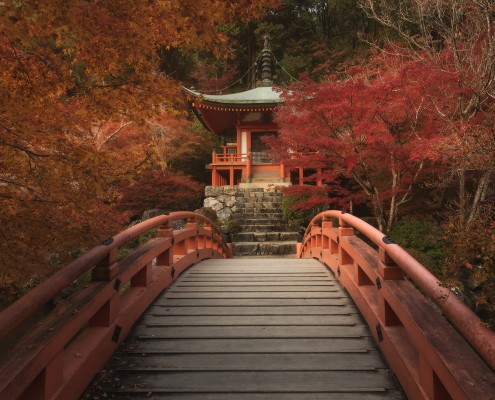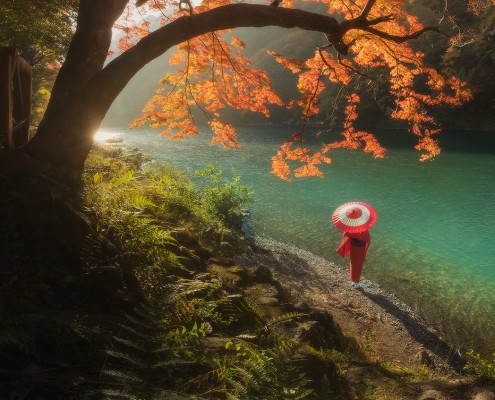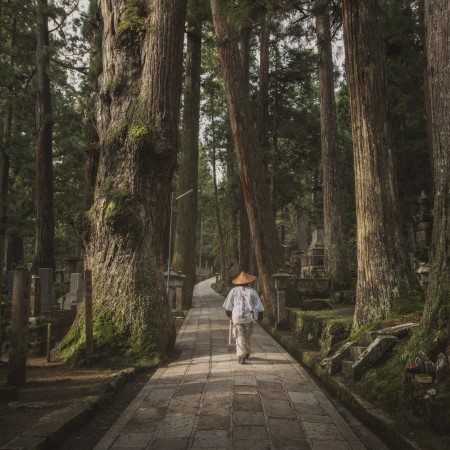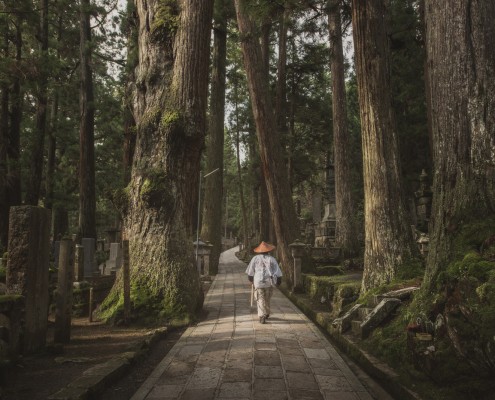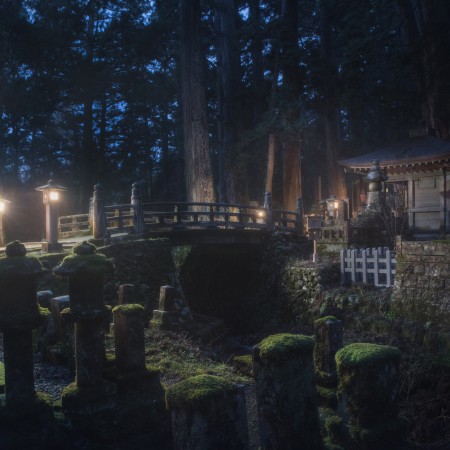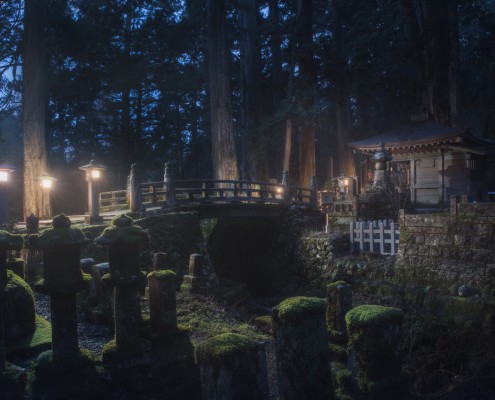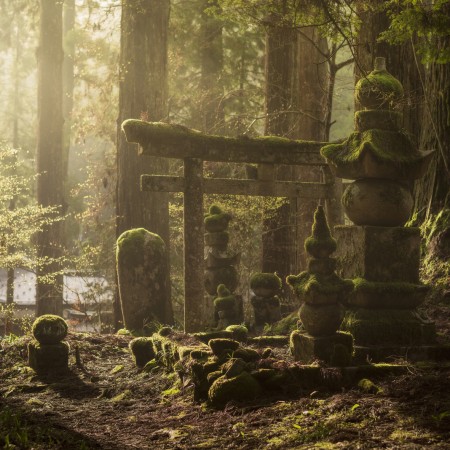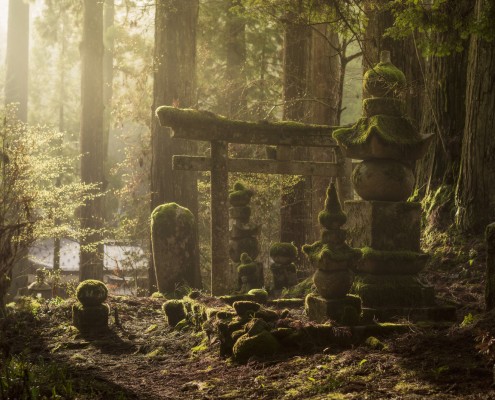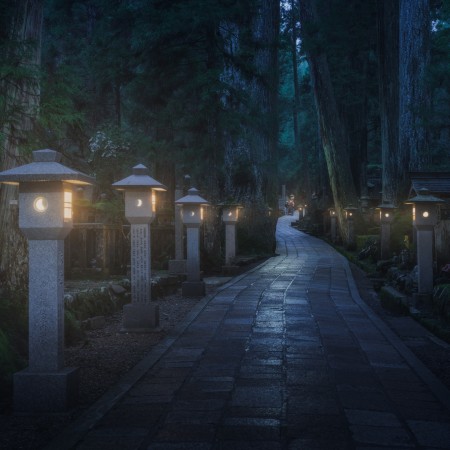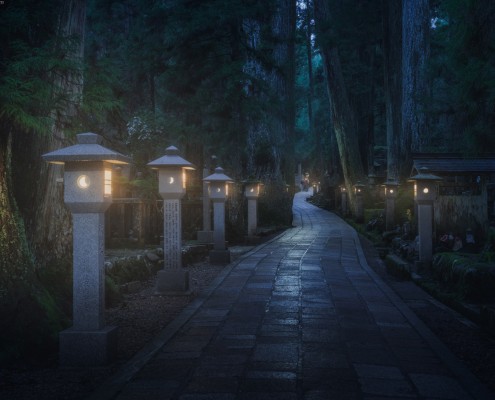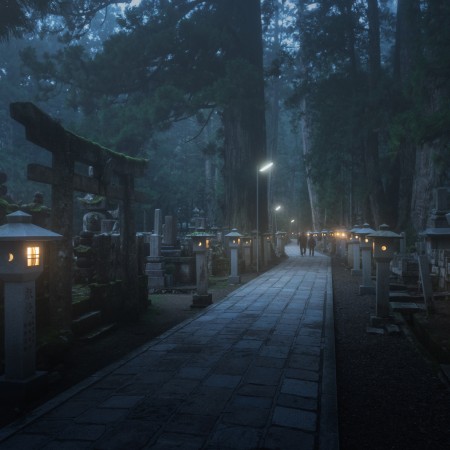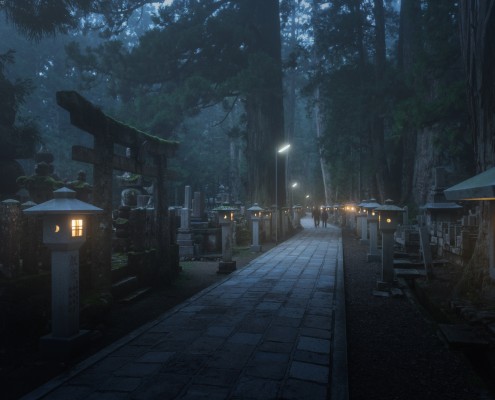2024 tour is guided by Albert Dros and Andy Marty
Japan is one of the most enigmatic countries in the world. Although having a lot of technologies, cosmic looking trains and modern mega cities, Japan keeps its secrets and enigmas – there are many magnificent temples, parks and gardens, unusual traditional cuisine. We offer you to go to Japan in one of the most wonderful seasons of the year – in autumn, when the maples are in bloom. The Japanese enjoy viewing autumn colors. They call it Momijigari. Momiji is the Japanese name for Acer palmatum, the Japanese maple tree. Colorful leaves (koyo) are to the Japanese autumn what cherry blossoms are to spring. The viewing of autumn leaves has been a popular activity in Japan for centuries. Maples begin turning red from September on Hokkaido and end at the beginning of December in the Southern regions of Honshu. Our trip is mainly dedicated to peak in colors in Kyoto. Of course, we’ll also visit Kawaguchiko Lake under the legendary Mount Fuji.
DAY 1, November, 19
This day we meet at the hotel lobby (hotel will be recommended) at 10:00. We depart towards Kawaguchiko lake (Fuji five lakes) on a privately chartered shuttle (2-3 h). We spend the evening walking along the beautiful places of Kawaguchiko Lake near which we’ll live. We manage not only to see the biggest lake near Fuji but also to admire the volcano in the autumn maples’ leaves setting. Mid November sometimes can be little late for Fuji but to be in Japan and not to see Fuji is a crime. Although many maples become even more beautiful in mid November – the colors can reach vinous tones.
Day 2
We spend the whole day near Fuji at the shore of Kawaguchiko. This time of the year sacred japanese mountain is framed with beautiful autumn foliage.
Day 3
We move by our private bus to the beautiful Kiso valley area at Nagano. With rural villages and stunning mountains scenery around. Who knows maybe we have a chance to see a samurai because these villages look like straight from 17th century Japanese wood blocks.
Days 4 – 7
In the morning we move to Kyoto. We’ll stay in this marvelous city, where the beautiful blocs of houses remain, 5 nights. We’ll walk in the amazing parks and gardens in Kyoto. Our accommodation is in the heart of the city in an authentic inn. A saturated photo and cultural program is planned for these days. We also have some surprises for you. We’ll manage to spend time in Kyoto not only in classical and accessible parks but also to visit emperor villas which are usually closed for free visits. It’s not easy to shoot in Kyoto due to its popularity but we’ll drive our own transport and that means that there won’t be any crowds during the morning shootings. This time in Kyoto there is a light festival in the evenings so many parks and gardens are well-illuminated.
We will travel by our own private comfortable cars in Kyoto, not using the railway or underground saving plenty of time.
All in all we plan to visit several parks and pagodas in Kyoto:
*Diago-ji is a pagoda surrounded by the maples reflecting in a pond with a picturesque bridge
* Bishamon-Do temple’s stairs and pagodas. The temple is not situated in the center of Kyoto and happily not so popular with tourists although it tops the list of our favorite shooting places
* Usually best in the second half of November, Tofukuji Temple displays some of Kyoto’s most spectacular autumn foliage
* The Kiyomizudera temple is also a spectacular autumn color spot. Trees around the temple’s large wooded stages will be turned into bright red color
* Enko-ji temple with a gorgeous Japanese garden
* Iconic places like Fushimi-Inari, Ginkaku-ju (Silver Pavilion), Kinkakuji (Golden Pavilion), Ryoan-ji (famous Japanese stone garden)
* Shugakuin Imperial Villa, Katsura imperial villa – places that need application long before the visit
Of course, this is not the full list of the beautiful Kyoto places. There are some more wonderful places like Arashiyama Bamboo forest, ancient blocs Gion и Higashiyama, where you can have a chance to see a geisha and where it seems a ninja can quietly slide down from the top of the roof.
Day 7 and 8
We move to the sacred Koyasan mountain. This is one of my most favourite places in Japan. Ancient Okunoin cemetery, vast temple complex and old shrines. Accommodation for 2 nights at ryokan Ekoin – traditional temple.
Day 9
This day we say goodbye to traditional Japan and move to OSAKA. You may optionally continue travelling to Tokyo or leave from Osaka airport. Tour finishes at Osaka main train station around noon.
Pricing:
Total price: 8900 usd per person
Maximum Number of Participants: 12
Difficulty: easy
Included in the price:
– All transfers (privately chartered bus for the whole trip duration)
– Lodging in traditional japanese-style rooms or western-style rooms (up to your choice), but at Koyasan only ryokan option
– Instruction and master classes by two professional guides
Not included in the price:
– Meals
– Airfare
– Visas (if applicable)
– Single supplement 1500 USD
What to bring
Gear:
– DSLR camera with tripod and remote shutter release
– A wide angle lens. For example, Nikkor 14-24 or Canon 17-40. Best lens for use in wide-angle scenes or architecture photography
– A middle-zoom lens such as a 24-70 mm
– A telephoto zoom lens, such as a 70-200 mm. One of the most important lenses in Tuscany. Be sure to have additional tripod mount to this lens.
Wear:
– Waterproof and windproof jacket (consider the average temperature +5 – +10 C at nights and +10 – +20 C during the daytime)
– Waterproof pants
– Warm jacket and thermal pants
– Wellingtons or fishing boots
– Casual clothes for dinners and lunches and photography workshops at villa Gaia
Tour leaders

